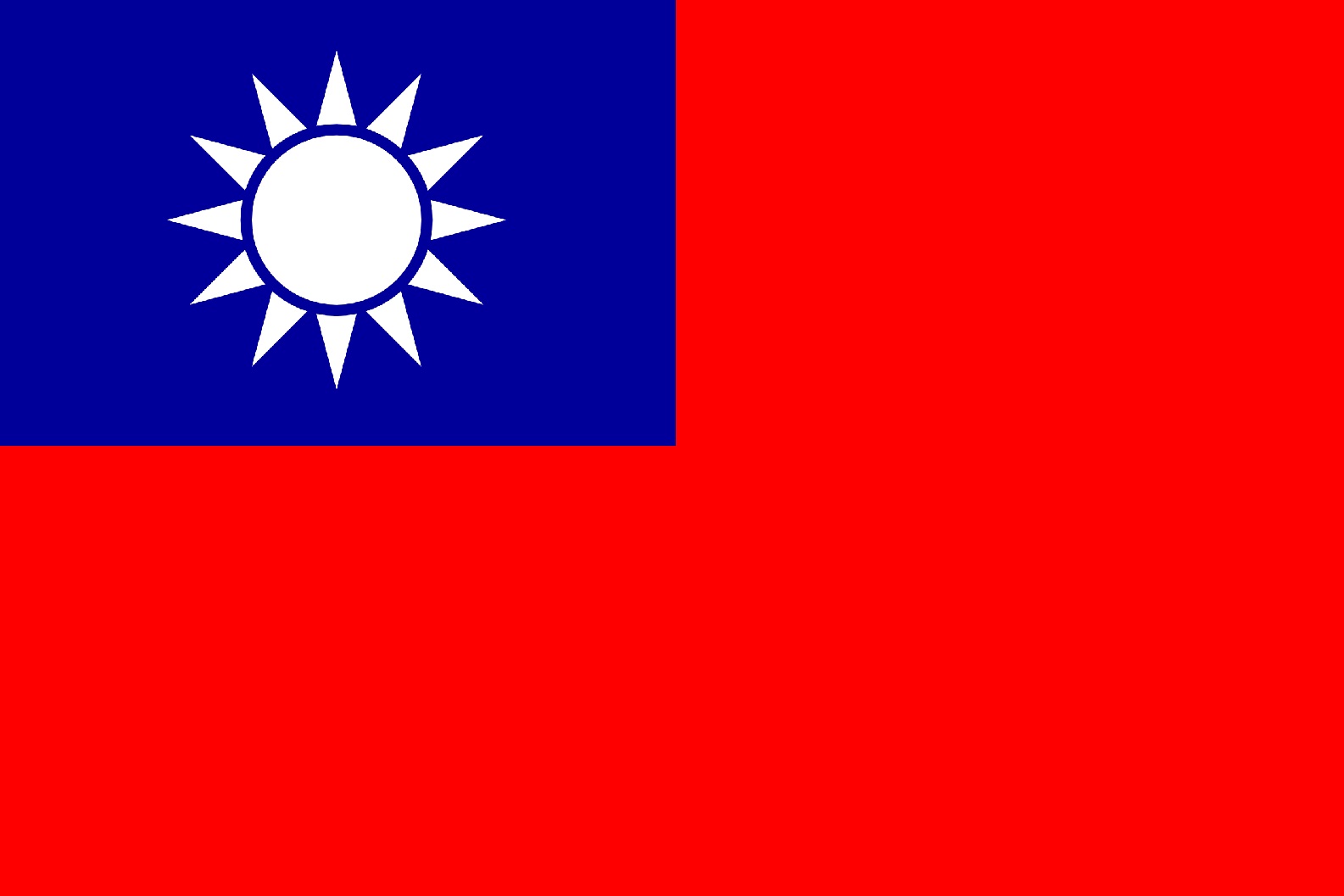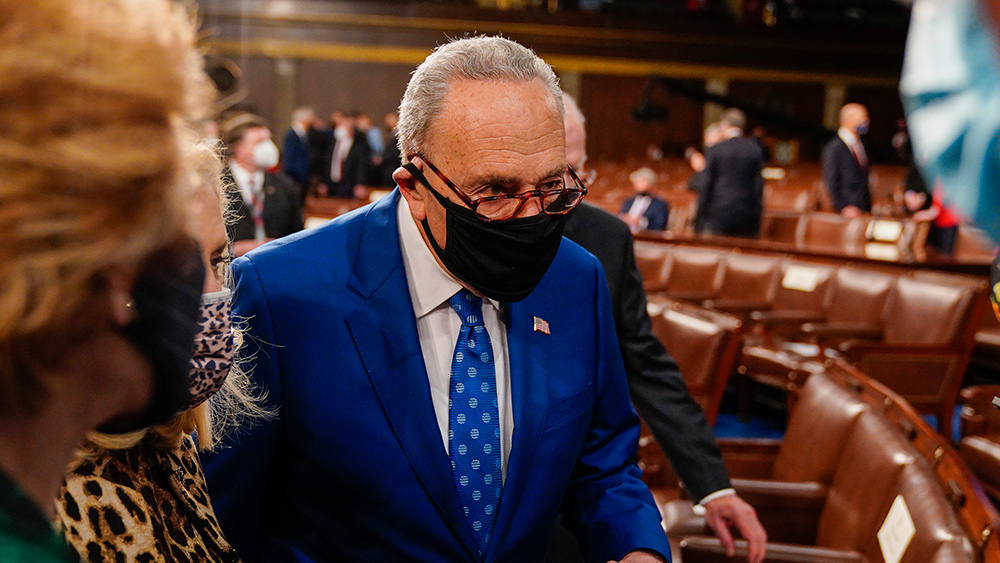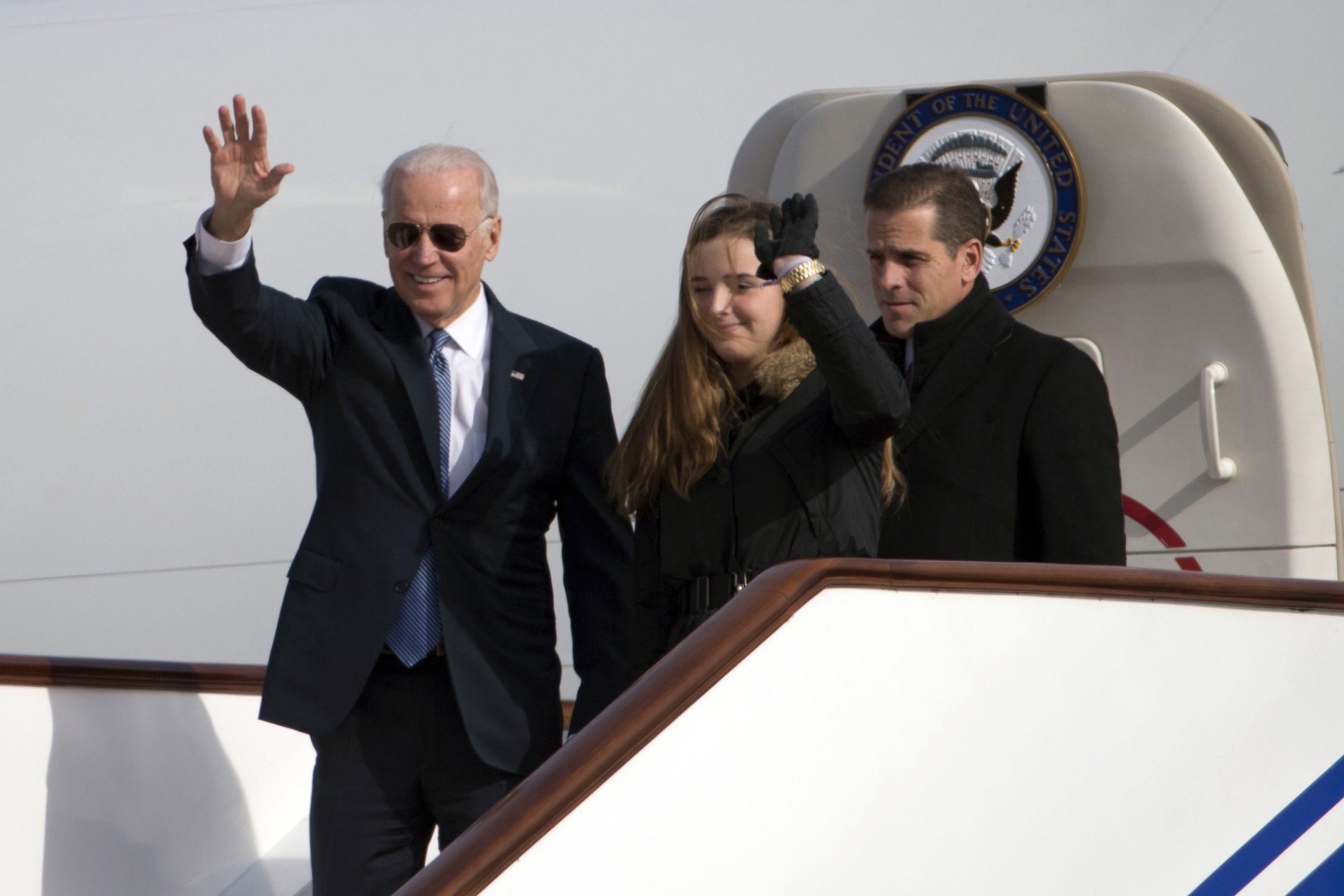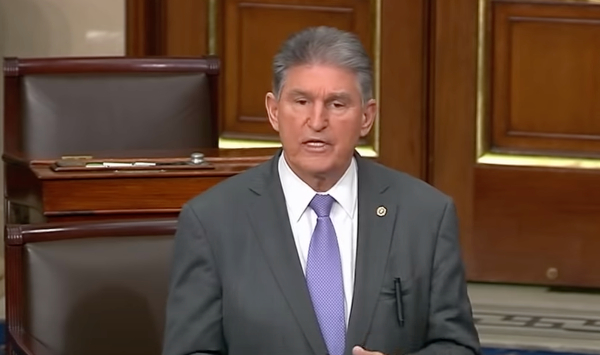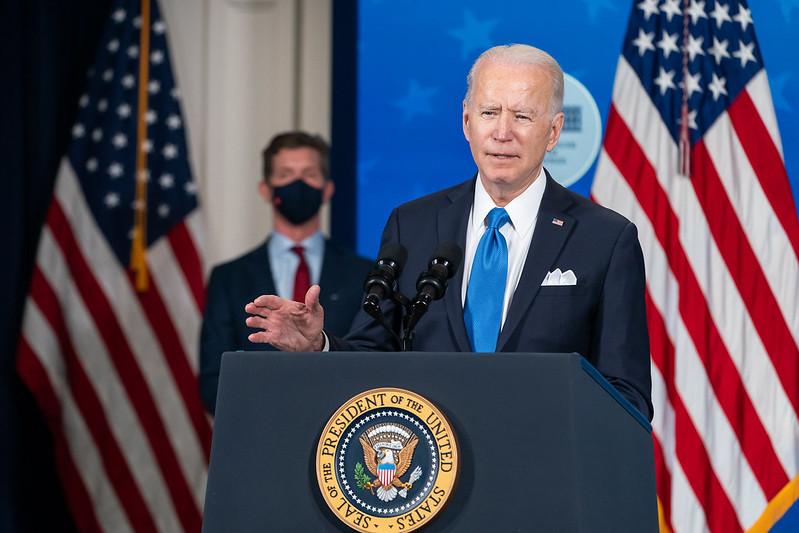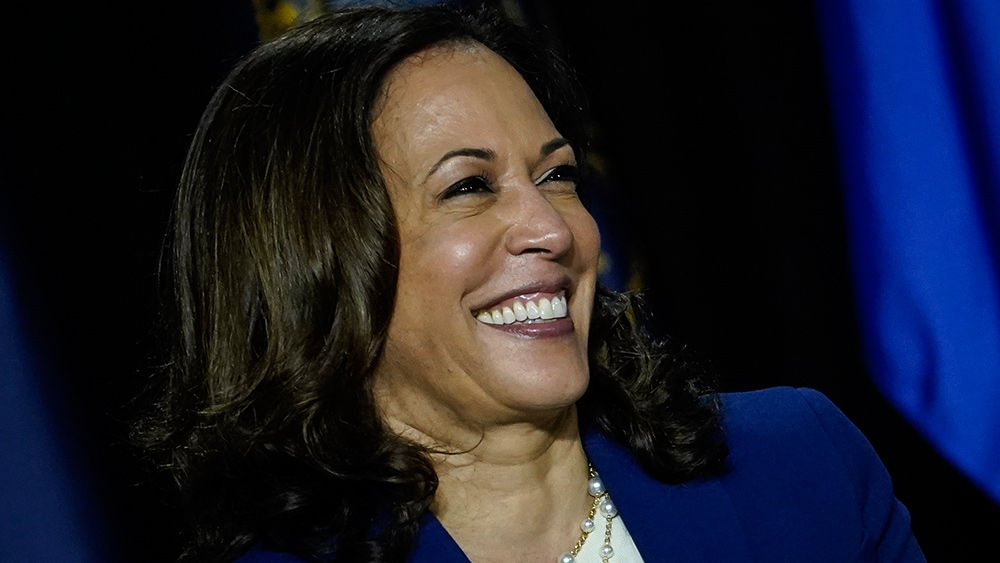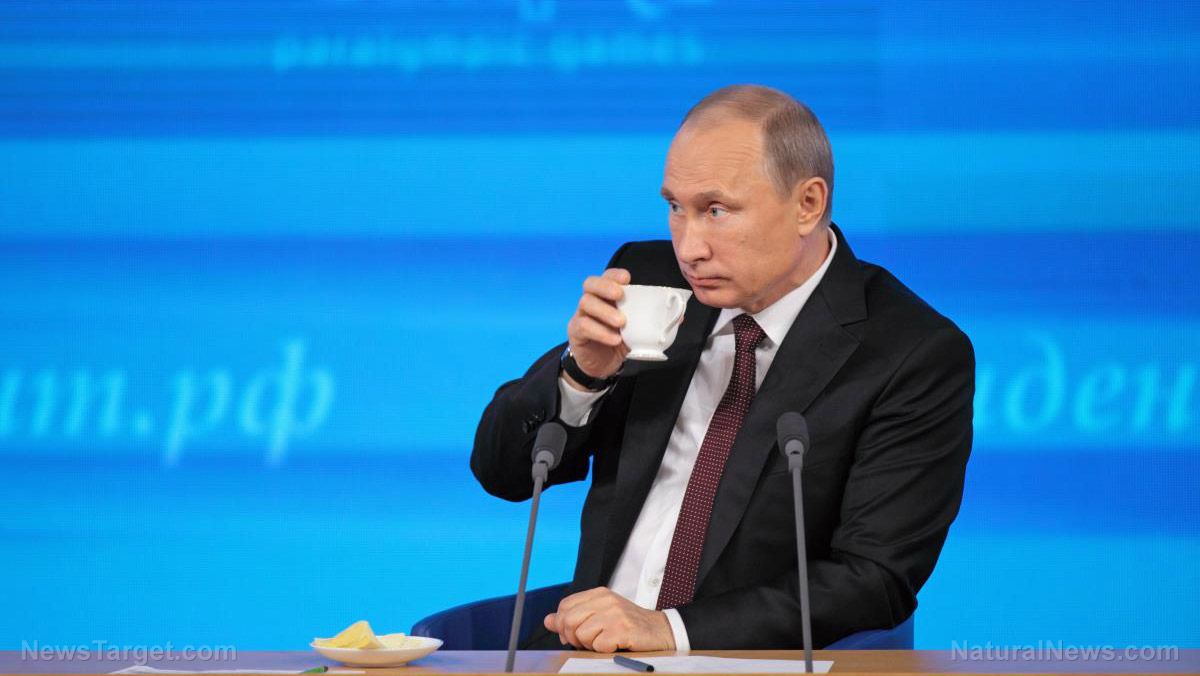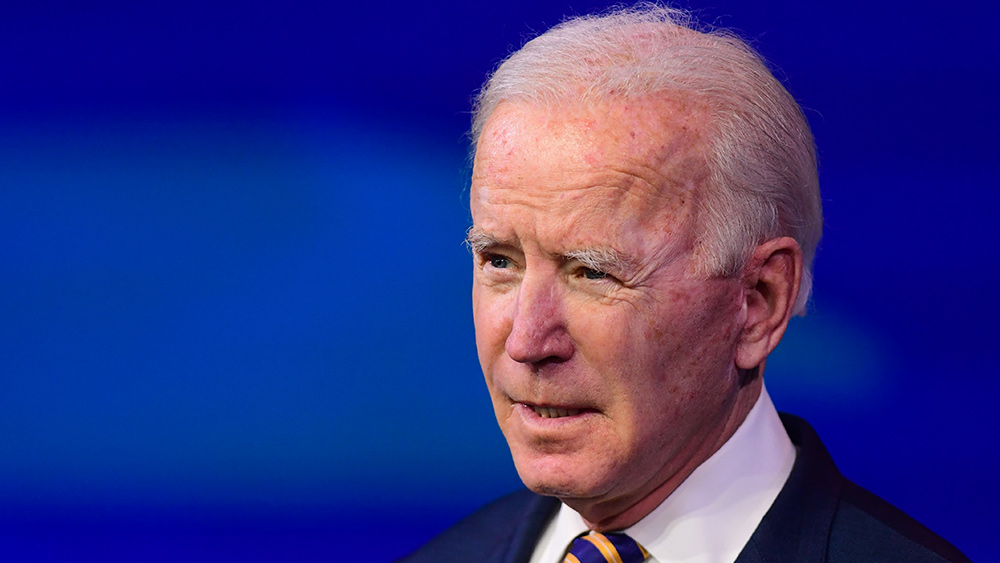Chinese minister takes swipe at Trump, hails Biden
01/08/2021 / By Nolan Barton

Chinese Foreign Minister Wang Yi accused the United States government of trying to “suppress China and start a new cold war” in recent years, adding that U.S. policymakers have serious misconceptions about China.
It was an obvious jab at President Donald Trump and his administration, as similar comments were repeatedly used by the Chinese regime at the height of the 2018–2019 trade war.
But Wang was singing a different tune when talking about Democratic presidential nominee Joe Biden. In a recent interview with Chinese state-run media Xinhua and China Media Group, Wang said that Biden represents a “new window of hope” for the Sino–U.S. relationship.
According to Wang, the two countries could resolve their differences “as long as the United States can draw lessons from the past and work with China in the same direction.” He expressed hopes that the incoming U.S. administration will “return to a sensible approach.”
The Trump administration has opposed the Chinese Communist Party (CCP) on a range of issues, including unfair trade practices, espionage, malign influence in the United States, security threats posed by Chinese technology and its human rights abuses against minorities and Hong Kong residents.
Critics of Biden are concerned that he may go soft on China on those critical issues.
Just recently, Trump issued an executive order to the New York Stock Exchange (NYSE) to delist China Mobile, China Telecom and China Unicom as the three companies were found by the Pentagon to have ties to the Chinese military. The NYSE originally announced on Dec. 31, 2020, that it would begin the delisting process, but reversed its decision a week later. China saw it as a win.
In an article published on Jan. 5, China’s state-run media Global Times used the sudden decision by the New York Stock Exchange (NYSE) not to delist three Chinese telecom companies as a sign that a more “flexible” administration under Biden would be more friendly toward Beijing. “Chinese experts translated the move as a voice of reason from some in Wall Street and US political circle, who wish the incumbent US president won’t hamstring the incoming Biden administration in making decisions related to China,” the article stated.
Sadly for them, the NYSE has since reversed course again and said on Jan. 6 that it would go ahead in delisting the three Chinese telecom companies. (Related: Will China retaliate against POTUS Trump’s tariffs with ban on rare earth materials? “Green energy” production could be sharply impacted.)
China prefers Biden over Trump
An AP article published prior to the U.S. presidential election stated that “Chinese leaders hope Washington will tone down conflicts over trade, technology and security if Joe Biden wins the Nov. 3 presidential election.” Yu Wanli, a professor of international relations at Beijing Language and Culture University, was quoted in the article saying that at the least, Biden’s policy “won’t be as emotional and ridiculous as Trump’s.”
Zhong Yuan, a researcher focused on China’s political system, explained in a commentary article published in the Chinese-language Epoch Times that the CCP preferred a Biden presidency because he would implement a policy of engagement with Beijing. According to Zhong, there was an urgency for the CCP to start working with Biden because there is an internal division within the Party about how to handle the deteriorating Sino–U.S. ties. Zhong added the division threatened the position of Chinese leader Xi Jinping within the Party and was it likely the reason why the Chinese state-run media took up the position of supporting Biden.
Interestingly, Chinese leaders favored Trump over Hillary Clinton in the 2016 presidential election. But they were turned off in a major way when Trump increased tariffs on Chinese exports in 2018 over complaints that Beijing steals or pressures companies to hand over technology.
The Chinese are hoping a Biden presidency might restore a more predictable relationship between the two countries after the shocks of Trump’s tariff war.
Sources included:
Tagged Under: Chinese Communist Party, Donald Trump, Hillary Clinton, human rights abuses, Joe Biden, New York Stock Exchange, tariff war, Xi Jinping
RECENT NEWS & ARTICLES
COPYRIGHT © 2017 WHITE HOUSE NEWS




